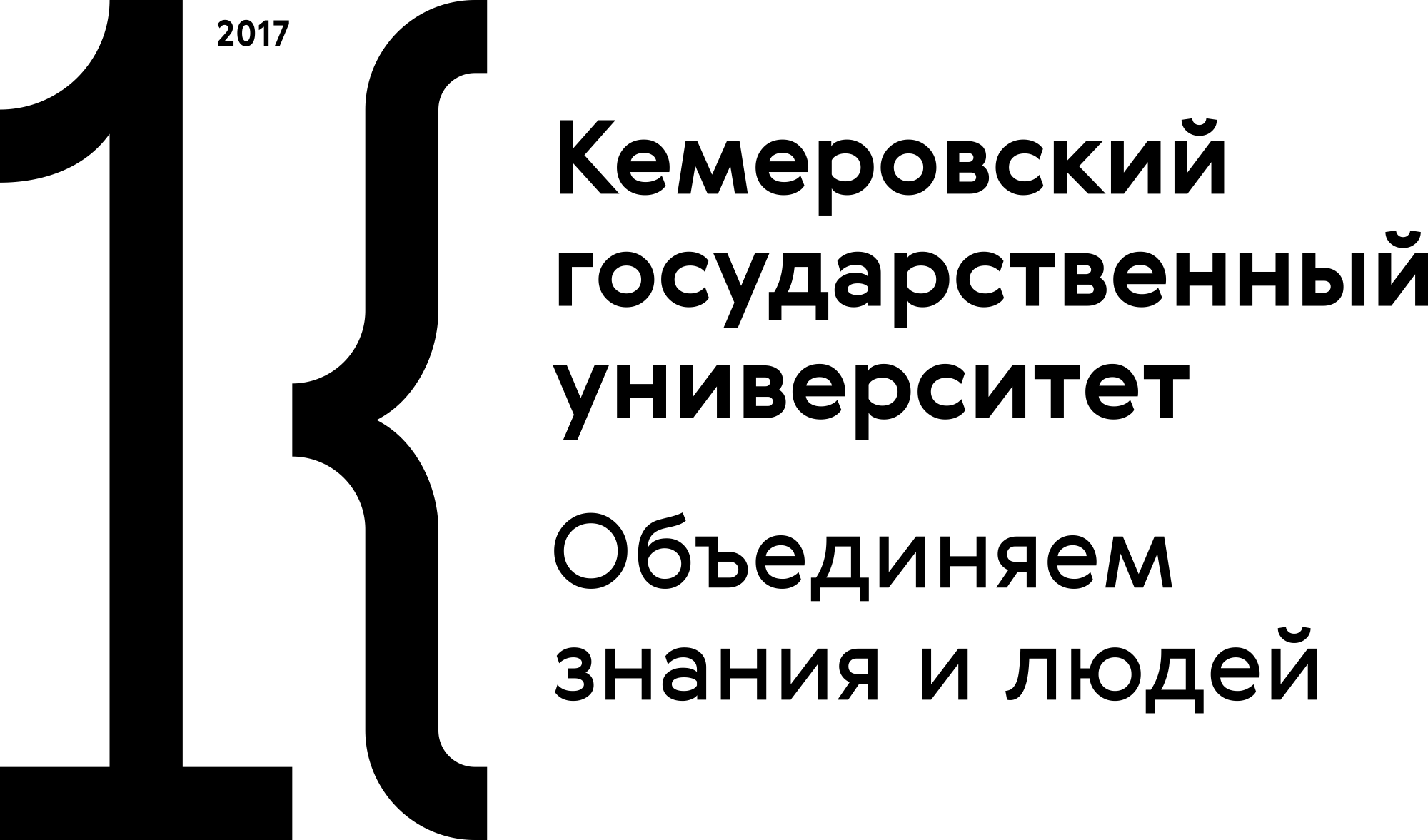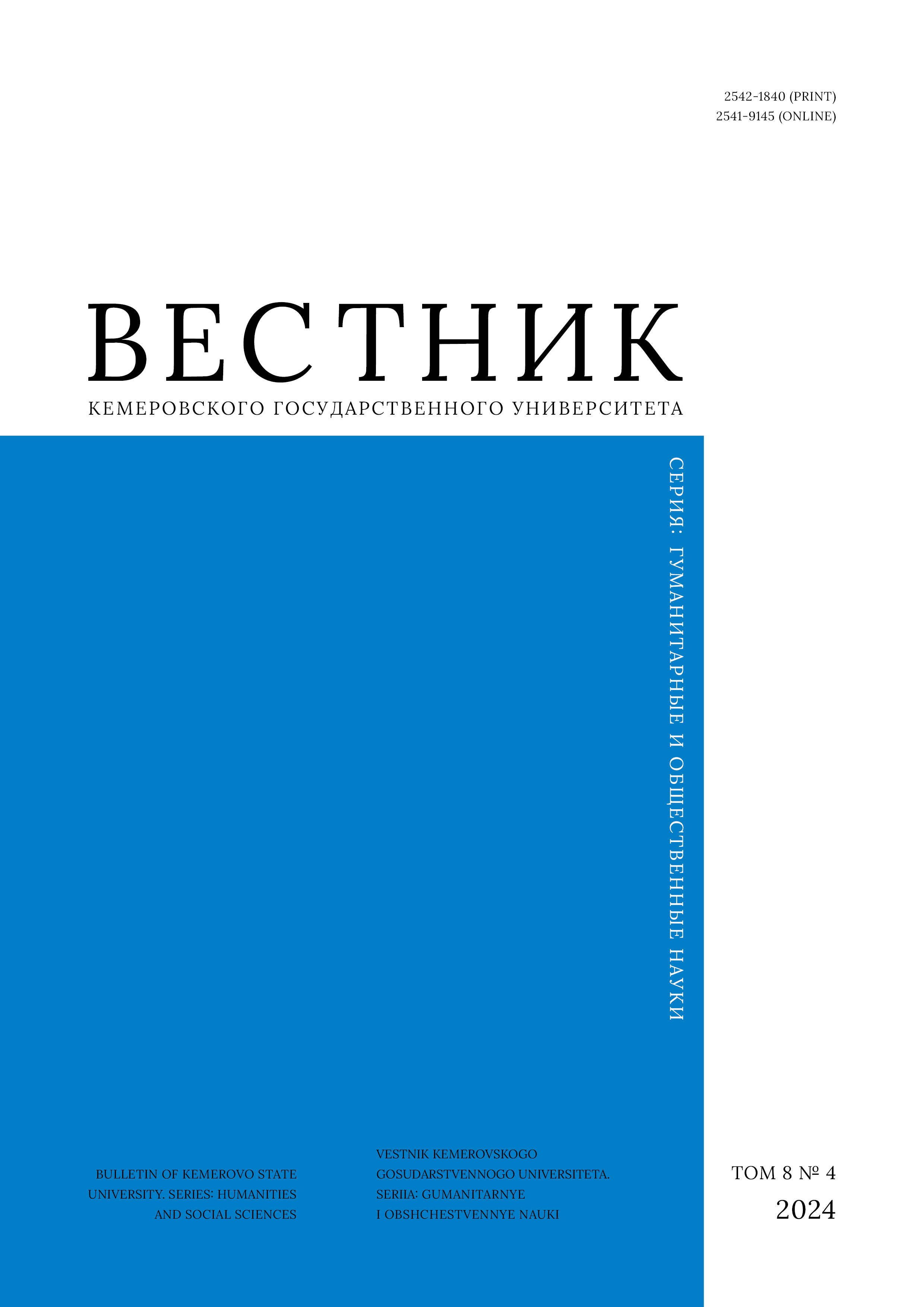Kemerovo, Russian Federation
UDC 159.9.07
Academic success is believed to depend on one’s cognitive status. This article describes the neurocognitive predictors of academic performance in teenagers from a boarding school. The author compared neurocognitive indicators in boys and girls, as well as measured their neurodynamic and psychodynamic indicators in connection with academic performance and health status. The methods applied made it possible to evaluate cognitive properties, the lability and expression of nervous processes, the general functional state of the central nervous system, the excitation-to-inhibition ratio, etc. The functional state was assessed using a cardiorhythmographic program. Most teenagers demonstrated adaptation issues. Poor academic performance was associated with poor adaptation. High-achievers demonstrated a healthy central nervous system, a good attention span, and a stable excitation-to-inhibition ratio. These qualities provided good cognitive performance. The girls with poor academic performance showed a functional decline of the central nervous system and brain functions. In the boys, the poor brain performance was accompanied by excitation prevailing over inhibition. The status of nervous system and attention span proved to be an effective predictor of academic performance in teenagers.
adolescents, cognitive characteristics, neurodynamic indices, functional health status, academic performance, adaptation
1. Aizman R. I., Lebedev A. V., Aizman N. I., Rubanovich V. B. Methodology and practice of health monitoring of the studying youth. Health & education millennium, 2017, 19(5): 73–78. (In Russ.) https://elibrary.ru/xuvkrx
2. Litvinova N. A., Kazin E. M., Lurye S. B., Bulatova O. V. The role of individual psychophysiological characteristics of students in adaptation to educational activity. Vestnik Kemerovskogo gosudarstvennogo universiteta, 2011, (1): 141–147. (In Russ.) https://elibrary.ru/nuqnbl
3. Lim H. J., Chung S. S., Joung K. H. Factors of depressive symptoms among elementary, middle, and high school students. Archives of Psychiatric Nursing, 2016, 30(3): 302–308. https://doi.org/10.1016/j.apnu.2015.11.010
4. Zhelezovskaya G. I., Abramova N. V., Gudkova E. N. Creative communicative behavior as a means of creative self-realization of the individual. The Education and Science, 2015, (4): 79–88. (In Russ.) https://elibrary.ru/troevt
5. Zhelezovskaya G. I., Nedogreeva N. G., Lvitsyna A. A. Pedagogical conditions of the creation of information-educational environment of educational institution. Azimuth of Scientific Research: Pedagogy and Psychology, 2018, 7(2): 93–96. (In Russ.) https://elibrary.ru/xulgst
6. Varich L. A., Nemolochnaya N. V. Psychophysiological adaptation of teenagers studying in a residential educational institution, depending on the type of vegetative regulation. Journal of evolutionary biochemistry and physiology, 2020, 56(7). (In Russ.) https://doi.org/10.31857/S0044452920071183 EDN: https://elibrary.ru/VDQEDZ
7. Gileva O. B. Reaction time as a predictor of academic achievement. Vestnik of Northern (Arctic) federal university. Series "Medical and biological sciences", 2013, (3): 14–23. (In Russ.) https://elibrary.ru/rkotvn
8. Kurapova T. Yu. Psychological factors of successful teaching at schools. Uchenye zapiski ZabGGPU im. N. G. Chernyshevskogo, 2011, (5): 223–225. (In Russ.) https://elibrary.ru/ookggt
9. Litvinova N. A., Ivanov V. I., Berezina M. G., Glebov V. V. Assessment of psychophysiological potential under adaptation to educational activity. Psychology. Psychophysiology, 2021, 14(2): 108–122. (In Russ.) https://doi.org/10.14529/jpps210211 EDN: https://elibrary.ru/LNQKET
10. Tsirkunova N. I. Interrelation of adolescents’ mental state and academic performance. Vestnіk Mogilevskogo gosudarstvennogo universiteta imeni A. A. Kulyashova. Seriya C. Psіkhologo-pedagogіcheskie naukі: pedagogіka, psіhologіya, metodika, 2019, (2): 104–110. (In Russ.) https://elibrary.ru/oypzwi
11. Golovina Yu. N. Temperament and its influence on the academic performance of adolescents. Studencheskaya nauka i XXI vek, 2020, 17(2-2): 182–184. (In Russ.) https://elibrary.ru/qbhhmd
12. Dvoinin A. M., Trotskaya E. S. Cognitive predictors of academic success: How do the general patterns work in the early stages of education? Psychological Science and Education, 2022, 27(2): 42–52. (In Russ.) https://doi.org/10.17759/pse.2022270204 EDN: https://elibrary.ru/BCHNZF
13. Tikhomirova T. N., Khusnutdinova E. K., Malykh S. B. Cognitive characteristics in primary school children with different levels of mathematical achievement. Siberian psychological magazine, 2019, (73): 159–175. (In Russ.) https://doi.org/10.17223/17267080/73/10 EDN: https://elibrary.ru/GXFUER
14. Khokhlov N. A., Yaremchenko P. I. Sex differences in the state of higher mental functions in children and teenagers aged 4–17 years. Bulletin on pedagogics and psychology of Southern Siberia, 2021, (1): 73–93. (In Russ.) https://doi.org/10.24412/2303-9744-2021-1-73-93 EDN: https://elibrary.ru/POUUEU
15. Bauer J.-R., Booth A. E. Exploring potential cognitive foundations of scientific literacy in preschoolers: Causal reasoning and executive function. Early Childhood Research Quarterly, 2019, 46: 275–284. https://doi.org/10.1016/j.ecresq.2018.09.007
16. Tikhomirova T., Malykh A., Malykh S. Predicting academic achievement with cognitive abilities: Cross-sectional study across school education. Behavioral sciences, 2020, 10(10). https://doi.org/10.3390/bs10100158 EDN: https://elibrary.ru/SFXVEZ
17. Purpura D. J., Schmitt S. A. Cross-domain development of early academic and cognitive skills. Early Childhood Research Quarterly, 2019, 46: 1–4. https://doi.org/10.1016/j.ecresq.2018.10.009
18. Ivanov V. I., Litvinova N. A., Berezina M. G. Status PF: An automated assessment complex for individual typological properties and functional state of human organism. Valeologiya, 2004, (4): 70–73. (In Russ.) https://elibrary.ru/zcewix
19. Igisheva L. N., Galeev A. R. Assessment of the functional state of the body using a software and hardware complex ORTOEXPERT. Kemerovo, 2003, 36. (In Russ.)
20. Kashdan E., Duncan D., Parnell A., Schättler H. Mathematical methods in systems biology. Mathematical Biosciences and Engineering, 2016, 13(6). http://doi.org/10.3934/mbe.201606i
21. Varich L. A., Sorokina Yu. V. Psychophysiological adaptation features of primary school pupils. Vestnik Kemerovskogo gosudarstvennogo universiteta, 2017, (2): 117–122. (In Russ.) https://doi.org/10.21603/2078-8975-2017-2-117-122 EDN: https://elibrary.ru/YTNVFR
22. Graur M. V. Academic adaptation research as complex open system. Pedagogika i psikhologiia obrazovaniia, 2017, (2): 34–40. (In Russ.) https://elibrary.ru/zbhiyj
23. Tsikhonchik E. A. Features and purpose of cognitive individual of a teenager. Bulletin of Voronezh State Technical University, 2013, 9(5-2): 124–126. (In Russ.) https://elibrary.ru/rjlhvt
24. Teplov B. M. New data on human nervous system. Typology of higher nervous system in humans, ed. Teplov B. M. Moscow: APS RSFSR, 1963, 3–46. (In Russ.)
25. Ilyin E. P. Psychology of individual differences. St. Petersburg: Piter, 2004, 700. (In Russ.) https://elibrary.ru/qxiojt
26. Nemolochnaya N. V., Varich L. A., Muryshkina E. V., Saval L. A. Study of the correlation between heart rate variability and the psychophysiological characteristics of adolescents. Psychology. Psychophysiology, 2023, 16(1): 117–125. (In Russ.) https://doi.org/10.14529/jpps230112 EDN: https://elibrary.ru/DEVORF
27. Krutetsky V. A. Psychology of school education and upbringing. Moscow: Prosveshenie, 1964, 253. (In Russ.)
28. Ermakova I. V., Adamovskaya O. N., Dogadkina S. B. Vegetative and hormonal support of cognitive activity when using digital and paper media. Proceedings of the XXIV Congress of the I. P. Pavlov Physiological Society: Proc. XXIV Congress of the I. P. Pavlov Physiological Society, St. Petersburg, 11–15 Sep 2023. St. Petersburg: VVM, 2023, 286–287. (In Russ.) https://elibrary.ru/zktwsx
29. Vasina E. V., Koshko N. N. Adaptation of teenagers in the course of training according to different profile programs. Novosibirsk State Pedagogical University Bulletin, 2014, (1): 33–41. (In Russ.) https://elibrary.ru/rwmsnr
30. Lezareva T. A., Lytaev S. A. On the effectiveness of mechanisms of psychophysiological adaptation in the dynamics of the educational process. Pediatrician, 2019, 10(6): 67–77. (In Russ.) https://doi.org/10.17816/PED10667-77 EDN: https://elibrary.ru/IYSKZI
31. Bistrushkin S. K., Aisman R. I., Aftanas L. I. Peculiarities of organization of attention and emotional perception in normal children and with infringements of intellectual development. Bulletin Siberian branch of Russian academy of medical sciences, 2008, 28(3): 96–100. (In Russ.) https://elibrary.ru/kjvwll
32. Setko A. G., Zhdanova O. M., Lukyanov P. V. Physiological and hygienic characteristics of cognitive functions determining successful student learning under conditions of different schooling intensity. Public health and life environment, 2021, 29(11): 45–52. (In Russ.) https://doi.org/10.35627/2219-5238/2021-29-11-45-52 EDN: https://elibrary.ru/JEEPAU
33. Druzhinin O. A. Search for psychophysiological predictors of success in school. Psychology and Psychotechnics, 2023, (3): 87–96. (In Russ.) https://doi.org/10.7256/2454-0722.2023.3.43891 EDN: https://elibrary.ru/WVJFUM


















